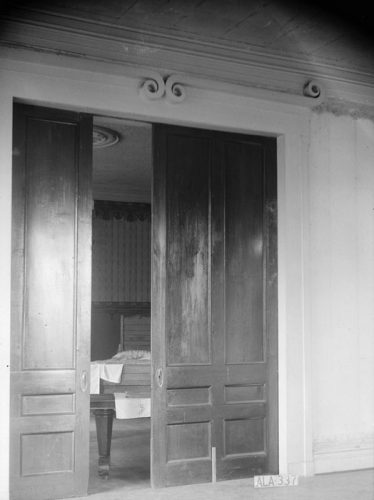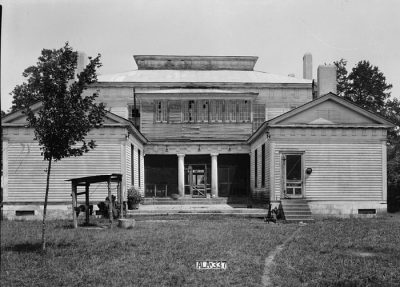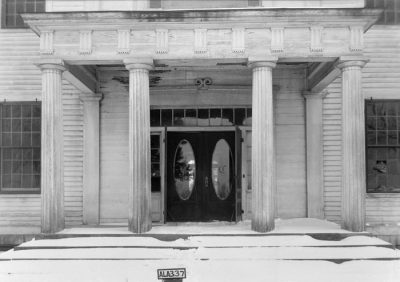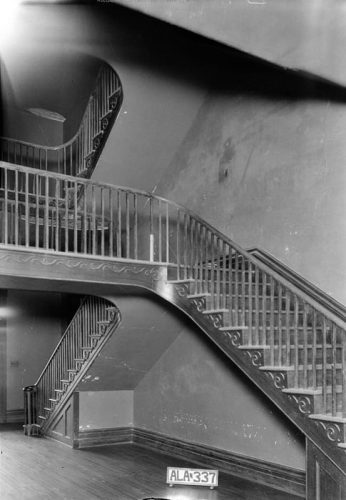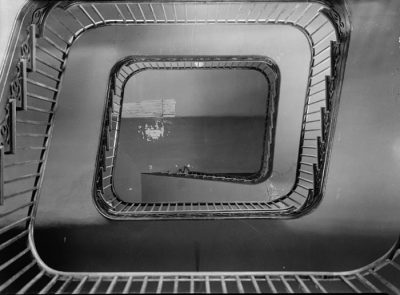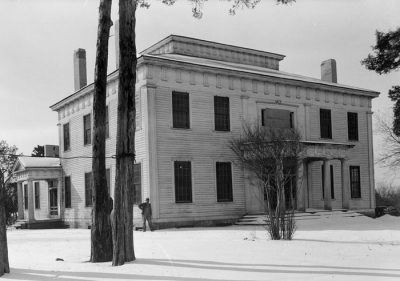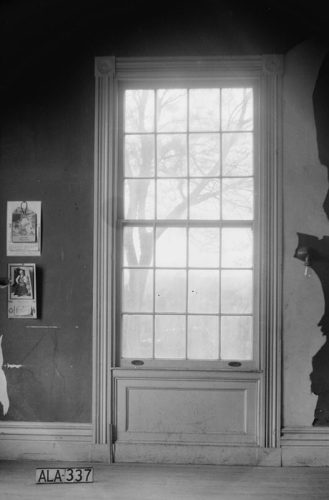Cherokee, Alabama
Barton Hall is an antebellum plantation house which is also known as the Cunningham Plantation. Barton Hall is located near Cherokee, Alabama and built in the 1840's for Armstead Barton on his cotton plantation. Today Barton Hall located west of the Natchez Trace Parkway and south of US 72 and is located on private property!
Barton Hall became a U.S. National Historic Landmark and registered to National Register of Historic Places November 7, 1973.
Barton Hall is a historic plantation house located in Cherokee, Alabama. The house was constructed in the Greek Revival style in 1852 for James Jackson, a wealthy planter and businessman. The house was named after Barton W. Stone, a prominent leader in the Restoration Movement of the early 19th century. The house was built using bricks that were made on-site by enslaved laborers.
The house features a two-story portico with six Doric columns that support a pediment. The entrance is flanked by sidelights and a transom. The interior of the house features high ceilings, ornate plasterwork, and marble mantels. The house originally had a formal garden with a variety of plants and trees, but the garden no longer exists.
During the Civil War, Barton Hall served as a hospital for Confederate soldiers. After the war, the house was used as a school for girls and later as a private residence. In the 1960s, the house was purchased by the Cherokee Historical Society, which restored the house and opened it to the public as a museum.
Today, Barton Hall is a popular tourist attraction in Cherokee, Alabama. Visitors can take guided tours of the house and learn about its history and architecture. The house is also used for various events and functions, such as weddings and receptions. Barton Hall is listed on the National Register of Historic Places and is considered a significant example of antebellum architecture in Alabama.

